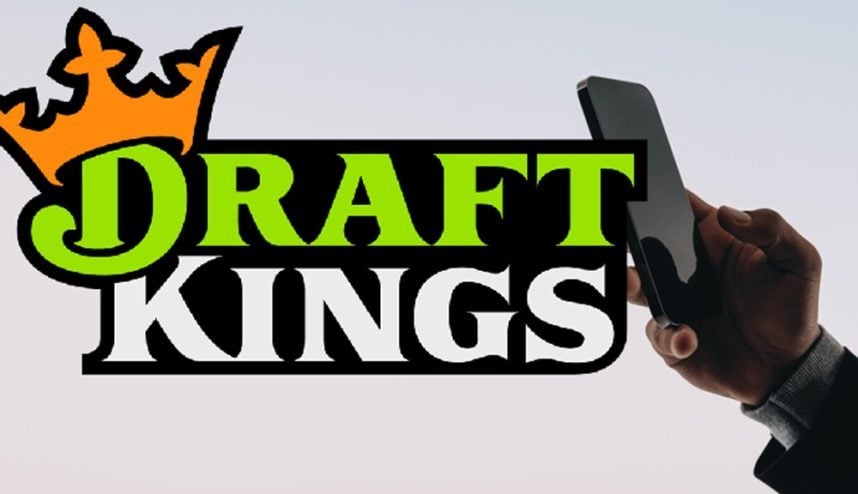DraftKings Prediction Markets Entry Could Differ From FanDuel, Says Analyst
Posted on: August 22, 2025, 12:03h.
Last updated on: January 6, 2026, 09:06h.
- DraftKings’ prediction market foray could differ from FanDuel’s, says analyst
- It could also be more expensive, but that would allow DraftKings to reap more rewards
Following news that Flutter Entertainment’s (NYSE: FLUT) FanDuel is partnering with CME Group (NASDAQ: CME) to bring financial event contracts to the sportsbook’s customers, sports betting industry observers are pondering how DraftKings — FanDuel’s nearest rival — will respond.

In a new report to clients, Jefferies analyst David Katz addresses that issue, floating some ideas while noting that DraftKings’ response could differ from FanDuel’s move. He said that like its competitor, DraftKings is likely to proceed “strategically” when it comes to prediction markets.
As Katz observes, US prediction market operators must have designated contract market (DCM) and futures commission merchant (FCM) permits, which are issued by the Consumer Federal Trade Commission (CFTC). FanDuel avoided the need to acquire a company with those permits or waiting out a potentially lengthy regulatory process because CME already has those approvals.
“Our industry sources note that FLUT’s partnership with the CME Group appears to be well thought out, with the company avoiding the need to acquire a costly DCM, benefiting from the solid reputation of the CME Group, avoiding the legal conflicts of Kalshi, and does not yet potentially provoke state gaming regulators with a move into sports contracts,” notes Katz.
DraftKings Could Go a Different Route
It’s possible that DraftKings employs a prediction markets approach that differs from that of FanDuel. For example, the former has filings with the National Futures Association (NFA), indicating it could pursue DCM and FCM permits on its own – a move that has pros and cons.
We note that DKNG potentially acquiring DCM and FCM licenses would be a more expensive route than FLUT has undergone, though it also would allow DKNG to keep more of the economics of platform,” said Katz.
DraftKings could also consider an acquisition to pave its way into prediction markets. Last month, reports surfaced indicating the sports betting giant was in talks with privately held prediction markets firm Railbird, which is a DCM license holder. Nothing has come of those talks as of yet.
DraftKings has a knack for using acquisitions to enter new arenas or solidifying market positioning, as highlighted by the purchases of Jackpocket and Simplebet.
Prediction Markets are Important, but …
With Kalshi, Polymarket, and Robinhood, among others, leveraging football season to bring more sports event contracts to clients, traditional sportsbook operators may be forced to get into the prediction markets game. Katz says it’s a compelling space, but not one that alters the overall investment thesis for companies such as DraftKings and Flutter.
Those operators also need to consider prediction market risks. Namely, the scrutiny they could invite by operating in states opposed to gaming expansion or those where tribal operators run the show.
“Despite the potential allure of prediction markets, we have reservations about the sub-market for now, given the potential to impact relations with both existing legal state regulators, and potential new state opportunities, most notably California tribes and Texas political bodies,” concludes Katz. “Our impression is that DKNG would similarly exercise caution in any potential endeavors around predictions.”
No comments yet